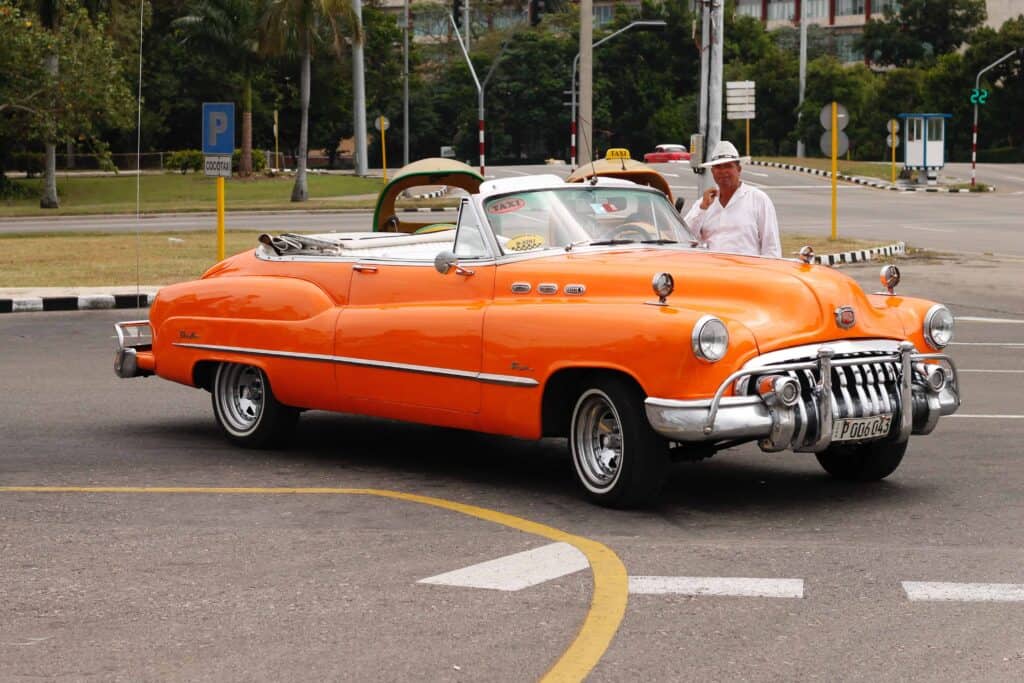A classic car appraisal or valuation is based on factors such as supply and demand, make, model, condition, miles, features, trim package, and much more. The value of any classic car, like the stock market, can fluctuate. Make sure you know the true value of your classic car rather than its cash value, so your insurance can cover it. This includes the cost of restoration, customizations, asking prices, historical interest, etc.
What is the value of my classic car?
You can find out how much your classic car is worth by getting an appraisal that compares current and historical asking prices. Classic car valuation tools can also provide a price range in which your vehicle may fall. Use this article as a classic car valuation guide to learn more about the fundamentals of determining the value of your classic car.
Why should you know the worth of your classic car?
Knowing the worth of your classic car is essential when buying, selling, or insuring it. For example, it can assist you in purchasing the car of your dreams at a reasonable price, selling your classic car at a fair market value, and properly insuring it in the event of an expensive accident.
Knowing the value of your classic car can help you get the right level of coverage when insuring it. This is due to the fact that a classic car insurance policy typically insures your vehicle for its true value, whereas a standard auto policy may only cover the car’s actual cash value (the cost to replace the car minus depreciation). So, if you know the value of your vehicle before purchasing a classic car policy, you can get an accurate quote and insure it for its true value.
Values agreed upon versus stated values
Insurance companies commonly use agreed and stated values to determine classic car payout limits. The stated value is what you claim your car is worth (and may require proof), whereas the agreed value is the insured amount that you and your insurer agree on. Neither is the same as the actual cash value of your car, which would have to account for age-related depreciation. Here are some key distinctions between these two traditional car valuation methods:

What is the agreed-upon value?
When writing or updating your coverage, you and your insurer agree on the classic car’s agreed value. Progressive Classic Car by Hagerty offers Guaranteed Value® without an appraisal. Paraphrase (See Disclosure) Disclaimer Some insurers may revalue your car at the start of each policy term.
What exactly is stated value?
When requesting or quoting a policy, you tell your insurance company how much your classic car is worth. You may need to prove your claim. When an insurer employs stated value instead of agreed value, the stated amount’s not always paid out.
Depending on your policy, they may pay either the stated or actual cash value, whichever is less. Insuring your historic car for less than its cash value may cut your rate.
How to Determine the Value of Your Classic or Vintage Car
To determine the worth of your classic car, you may require the following:
- Model, year, and make
- physique
- Dimensions of the engine
- The VIN (not required by Hagerty)
- Your vehicle’s current condition, including any work or restoration history
- Compiling this information can assist you, your appraiser, and your potential insurer in identifying any unique or in-demand features that increase the value of your vehicle. Vehicle demand, rarity, restoration condition, current condition, and ability to be restored, for example, can all have an impact on your classic car valuation.


